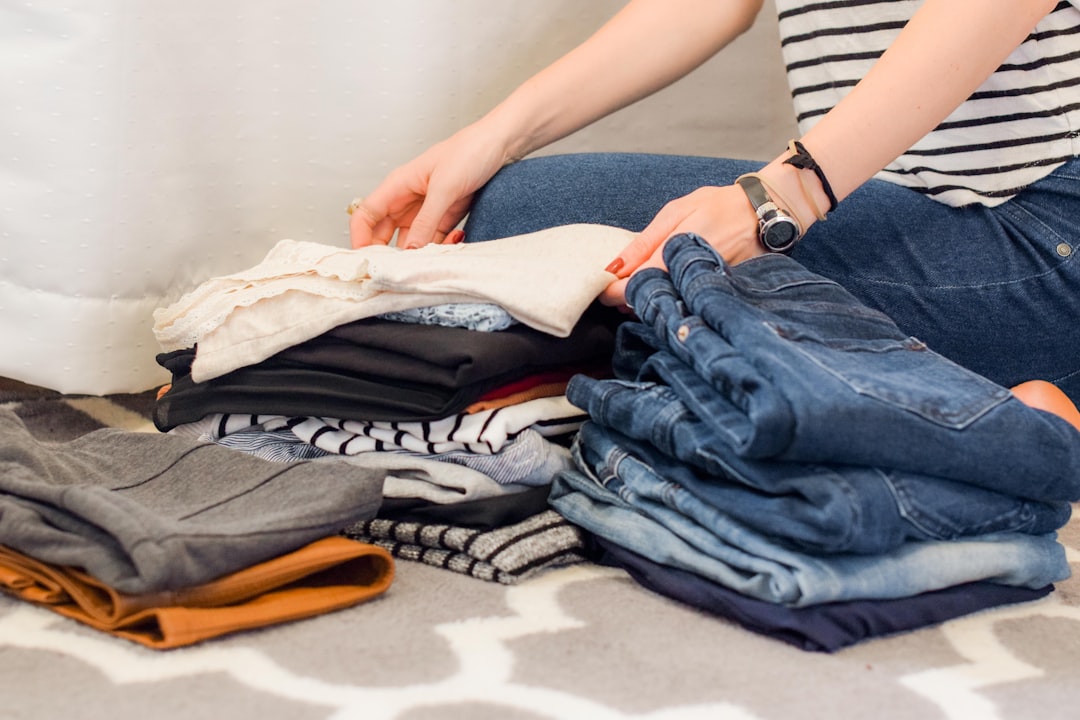Cluttered homes mirror cluttered minds, impacting emotional well-being. Decluttering becomes a tool for achieving emotional freedom by creating a calmer, more organized environment. This process involves categorizing items and establishing storage spaces, with regular decluttering sessions to maintain order. By adopting these practices, individuals gain control over their living spaces and foster deeper connections with their surroundings through Home Organization and Decluttering.
Unclutter your space, reclaim your emotional freedom. We explore the profound connection between clutter and our emotions, uncovering how excess possessions can weigh us down. This article guides you towards a calmer, more balanced life through the transformative power of home organization and decluttering. Discover practical strategies to simplify your surroundings, reduce stress, and foster emotional well-being. Learn how to create a serene space that supports your mental health and empowers your best self.
- Understanding the Connection Between Clutter and Emotion
- The Benefits of Decluttering for Emotional Freedom
- Strategies for Practical Home Organization and Decluttering
Understanding the Connection Between Clutter and Emotion
Clutter in our homes often reflects clutter in our minds, and the two are deeply connected. Emotional baggage and unprocessed memories can manifest as physical disorganization, leading to feelings of overwhelm and stress. When spaces are cluttered, it can be harder to focus, think clearly, or even find the time and energy to address underlying emotional issues.
Home organization and decluttering become powerful tools for emotional freedom. By letting go of unnecessary items, we create a calmer, more peaceful environment that supports mental clarity and self-care. This process allows us to confront and process difficult emotions associated with certain belongings, fostering a deeper sense of control and well-being.
The Benefits of Decluttering for Emotional Freedom
Decluttering your home is more than just organizing possessions; it’s a powerful tool for achieving emotional freedom. By letting go of items that no longer serve you, you create physical and mental space, reducing overwhelm and clutter in your life. A tidy home fosters a sense of calm and clarity, allowing you to focus on what truly matters.
Home organization and decluttering practices encourage mindfulness and self-reflection. It involves making conscious decisions about each item’s place and purpose, which can help you let go of emotional attachments to material possessions. This process empowers individuals to take control of their living spaces and, by extension, their lives, leading to improved mental well-being and a deeper connection with your surroundings.
Strategies for Practical Home Organization and Decluttering
Practical strategies for home organization and decluttering are essential steps towards achieving emotional freedom. Start by sorting items into categories: keep, donate, recycle, or discard. This process helps to identify what truly brings value to your life. Next, create designated storage spaces for each category to ensure a clutter-free environment. Labeling these areas makes maintenance easier, promoting order and reducing time spent searching.
Regularly scheduling decluttering sessions, perhaps once a month, can make the task more manageable. This consistent approach prevents piles from building up and facilitates better management of possessions. Additionally, consider adopting the “one-in, one-out” rule for new purchases—for every item brought in, another must be removed to maintain balance. These strategies not only simplify living spaces but also foster a deeper connection with your surroundings.
By understanding the profound connection between clutter and emotions, adopting practical home organization and decluttering strategies can significantly enhance emotional freedom. The benefits are clear: a cleaner living space promotes mental clarity, reduces stress, and fosters a deeper sense of well-being. Embracing minimalism and intentional living allows for more meaningful connections with both physical and emotional surroundings, ultimately leading to a happier, healthier life.




